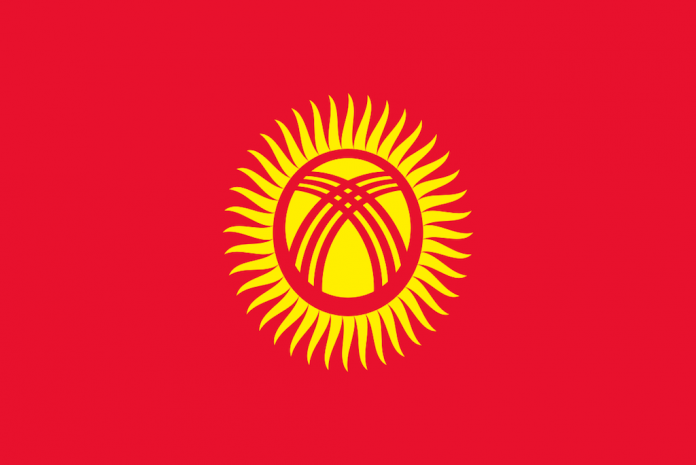Turkish President Recep Tayyip Erdoğan reportedly handed a list of 130 people who are allegedly members of the Gülen movement to the Bishkek government and demanded the immediate extradition of 13 over their alleged links to the movement during his recent visit to Kyrgyzstan as part of his global witch hunt.
According to a report by the pro-government Hürriyet Daily News on Wednesday, the presence of the alleged members of the Gülen movement in Kyrgyzstan was one of the major issues the Turkish and Kyrgyz delegations discussed during the visit. Erdoğan’s delegation claimed that the most senior people in the Gülen movement who are responsible for the movement’s activities in Central Asia based in this country.
A senior Turkish official told the paper that “Turkey has a list of people with FETÖ links who live in Kyrgyzstan. This list was given to the Kyrgyz authorities. We particularly want the extradition of 13 people on this list. These are senior figures within FETÖ, including the ‘imam’ of Central Asia. We have all the information on this individual, including his name, his address, his job, everything. He has no place to hide.”
“FETÖ” is a derogatory term coined by ruling Justice and Development Party (AKP) led by President Erdoğan to refer to the Gülen movement.
According to a statement made by Turkish Foreign Minister Mevlüt Çavuşoğlu on July 16, 2018, over 100 alleged members of the Gülen movement have been abducted by National Intelligence Organization (MİT) agents abroad and brought back to Turkey as part of the Turkish government’s global manhunt.
“We have been watching these traitors for two years and have brought the leading figures of FETÖ to our country. Some of these cases were covered by the press, while others weren’t at the request of the countries involved. I can frankly say that more than 100 FETÖ-affiliated people have been brought to Turkey,” Çavuşoğlu said in an interview with Turkey’s pro-government CNN Türk.
Turkey survived a controversial military coup attempt on July 15, 2016, that killed 249 people. Immediately after the putsch, the Justice and Development Party (AKP) government along with President Recep Tayyip Erdoğan pinned the blame on the Gülen movement.
Fethullah Gülen, who inspired the movement, strongly denied having any role in the failed coup and called for an international investigation into it, but President Erdoğan — calling the coup attempt “a gift from God” — and the government initiated a widespread purge aimed at cleansing sympathizers of the movement from within state institutions, dehumanizing its popular figures and putting them in custody.
Turkey has suspended or dismissed more than 150,000 judges, teachers, police and civil servants since July 15. On December 13, 2017, the Justice Ministry announced that 169,013 people have been the subject of legal proceedings on coup charges since the failed coup.
Turkish Interior Minister Süleyman Soylu announced on April 18, 2018, that the Turkish government had jailed 77,081 people between July 15, 2016, and April 11, 2018, over alleged links to the Gülen movement.















